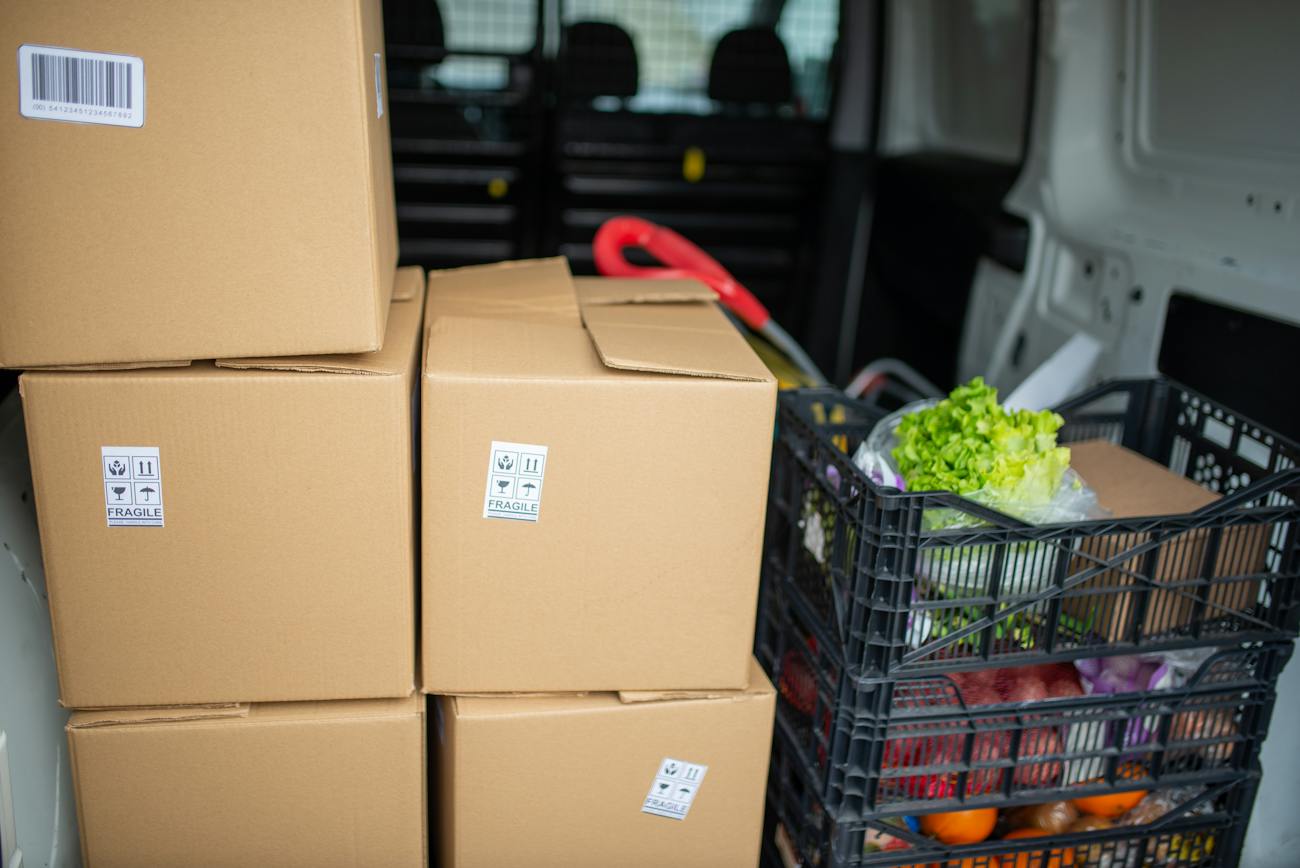Effective accelerationism, doomers, decels, and how to flaunt your AI priors

The debate over plastic pollution has reached a critical juncture, with oil producers facing accusations of obstructing the advancement of a global treaty to address the issue. The implications of plastic pollution on the environment have prompted calls for comprehensive measures to combat this growing threat. However, the role of oil producers in the production of plastics has come under scrutiny, as they are seen as key players in perpetuating this environmental crisis.
The need for a coordinated international effort to mitigate plastic pollution has never been more urgent. The detrimental effects of plastic waste on marine life, ecosystems, and human health have underscored the necessity of a unified approach to tackle this complex problem. Despite widespread recognition of the severity of the issue, reaching a consensus on a global treaty has proven challenging, with oil producers being accused of impeding progress through their influence and lobbying efforts.
The controversy has brought to light the significant influence wielded by oil producers in the formulation of policies related to plastic production and waste management. Their vested interests in the continued production and consumption of plastics have raised concerns about their commitment to addressing the environmental impact of plastic pollution. With the production of plastics heavily reliant on fossil fuels, the intertwined nature of the oil and plastics industries has sparked debates about the accountability of oil producers in mitigating the consequences of plastic pollution.
Efforts to establish a binding international agreement to curb plastic pollution have encountered resistance, with discussions often stalling due to diverging interests and priorities among nations. The influence of oil-producing countries and their economic reliance on the plastics industry have proven to be significant barriers to advancing negotiations towards a comprehensive treaty. This has prompted criticism and accusations against these nations and the oil producers within their borders, alleging that their actions are contributing to the delay in implementing effective measures to tackle plastic pollution.
The complexities of the plastic pollution issue, including the intricate relationship between oil production and plastic manufacturing, demonstrate the challenging hurdles that must be overcome to address this pressing environmental concern. The ongoing debate and conflict of interests underscore the need for increased transparency, collaboration, and accountability among stakeholders to expedite the establishment of a robust and enforceable international treaty on plastics pollution.
In conclusion, the controversy surrounding oil producers and their alleged obstruction of progress on a plastics pollution treaty highlights the multifaceted nature of the issue. The critical role of oil producers in the production of plastics, coupled with the intertwined interests of various nations, has created significant obstacles to achieving a consensus on a global agreement. As the environmental repercussions of plastic pollution continue to escalate, the need for swift and decisive action has never been more apparent. Overcoming the challenges posed by diverging interests and industry influence is essential to secure a sustainable future and safeguard the planet from the perils of plastic pollution.
Comment
Popular Posts
- 1
- 2
- 3
- 4
- 51 year ago
Latest Posts
- 1
- 2
- 3
- 433 minute ago
- 5
Categories
- World 13191 Post
- Knitting 18 Post
- General 17 Post
- Travel 183 Post
- Technology 12247 Post
- Movies and Series 14088 Post













There are no comments yet.